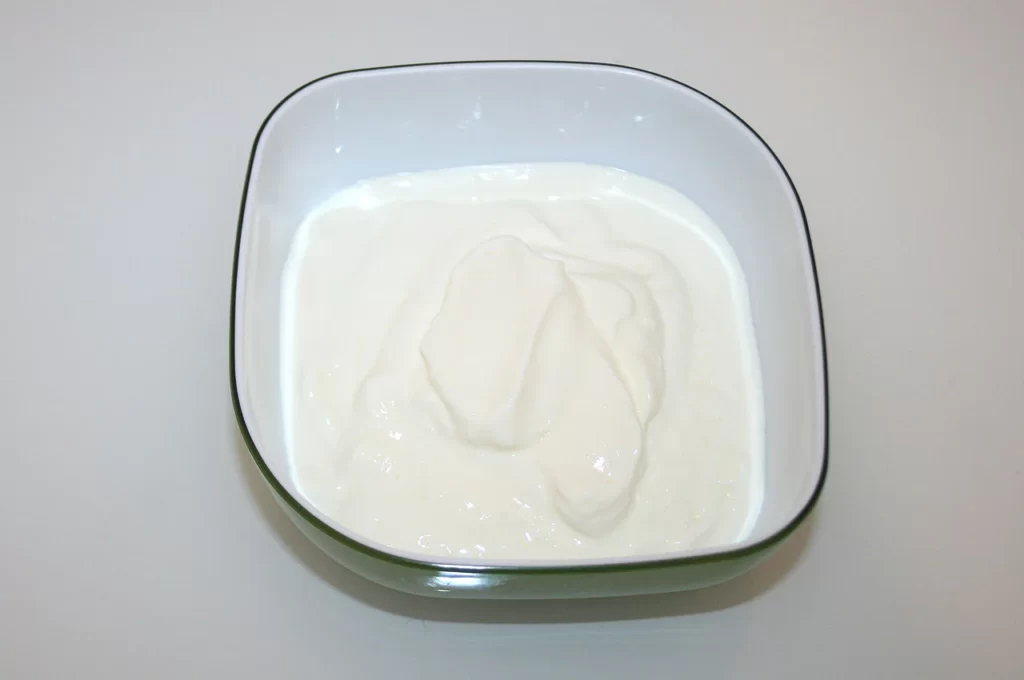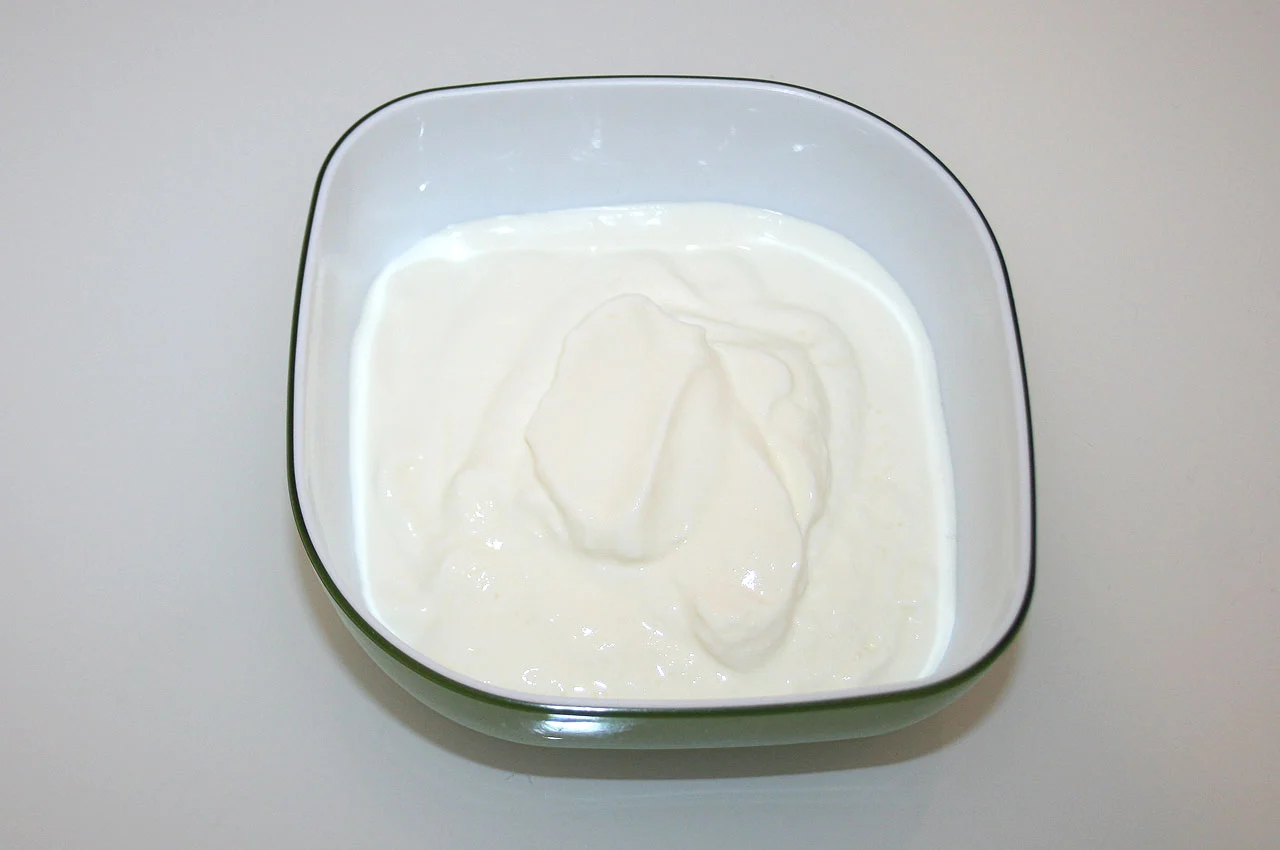The human body, especially the reproductive system, has been a subject of fascination and varied beliefs across cultures.
One such belief revolves around the use of plain yogurt as a means to cleanse the womb. But is there any truth to this claim?
In this comprehensive discussion, we will delve into the topic of womb health, examine the potential benefits of yogurt, and explore the scientific evidence, if any, behind the notion of yogurt cleansing the womb.

Table of Contents
Understanding Womb Health
The womb, or uterus, is a vital part of the female reproductive system. Its primary function is to house and nurture a developing fetus during pregnancy.
Maintaining a healthy womb is crucial for reproductive health and overall well-being.
Several factors contribute to womb health, including hormonal balance, regular menstrual cycles, and the absence of infections or abnormalities.
Women often explore various methods to support and maintain the health of their reproductive organs, including alternative or traditional practices.
Does Plain Yogurt Clean the Womb?
No, plain yogurt does not clean the womb.
Despite cultural beliefs or anecdotal claims, there is no scientific evidence supporting the idea that plain yogurt cleanses the womb.
The notion of yogurt cleansing the womb lacks empirical backing and is not recognized as a medical or scientifically proven practice.
The human body, including the reproductive system, has its mechanisms to maintain cleanliness and health.
The vagina, cervix, and uterus have their self-cleaning mechanisms, aided by a delicate balance of natural bacteria.
While yogurt contains probiotics that promote gut health, there’s no direct link between consuming yogurt and cleansing or improving the health of the womb.
It’s essential to rely on evidence-based practices and consult healthcare professionals for guidance on reproductive health concerns.
Read: Does Greek Yogurt Have Casein? (Explained).
Nutritional Benefits and Health Potential of Yogurt
Yogurt is a dairy product made by fermenting milk with beneficial bacteria, primarily Lactobacillus bulgaricus and Streptococcus thermophilus. It is renowned for its nutritional value and potential health benefits:
- Probiotics: Yogurt contains live cultures of beneficial bacteria known as probiotics. These microorganisms are believed to support digestive health by maintaining a healthy balance of gut bacteria.
- Nutrient-rich: It is a good source of protein, calcium, vitamins, and minerals, contributing to overall nutritional intake.
- Potential immune support: Some studies suggest that probiotics in yogurt might help support the immune system, although further research is needed.
Read: Why is Greek Yogurt Good for Females?
Maintaining Womb Health: Evidence-Based Practices
To maintain optimal womb health, several evidence-based practices are recommended:
- Regular check-ups: Schedule regular visits with a healthcare provider for gynecological exams and screenings.
- Healthy lifestyle: Maintain a balanced diet, regular exercise, adequate hydration, and sufficient sleep to support overall health, including reproductive health.
- Medical guidance: Consult healthcare professionals for any concerns regarding menstrual irregularities, pain, or unusual symptoms.
Conclusion
So, does plain yogurt clean the womb? The answer is no. Despite cultural beliefs suggesting its cleansing properties, scientific evidence does not support this claim.
While yogurt offers nutritional benefits and contains probiotics beneficial for gut health, there’s no direct correlation between consuming yogurt and cleansing the womb.
Maintaining womb health involves evidence-based practices like regular check-ups, a healthy lifestyle, and seeking medical guidance when necessary.
Understanding that the body has its mechanisms for cleanliness and health underscores the importance of relying on scientifically validated information.
Ultimately, while yogurt is a nutritious food choice, it’s crucial to approach reproductive health with informed decisions based on evidence-backed practices rather than relying on unverified claims.
Consulting healthcare professionals for guidance on reproductive health matters remains paramount for overall well-being.

